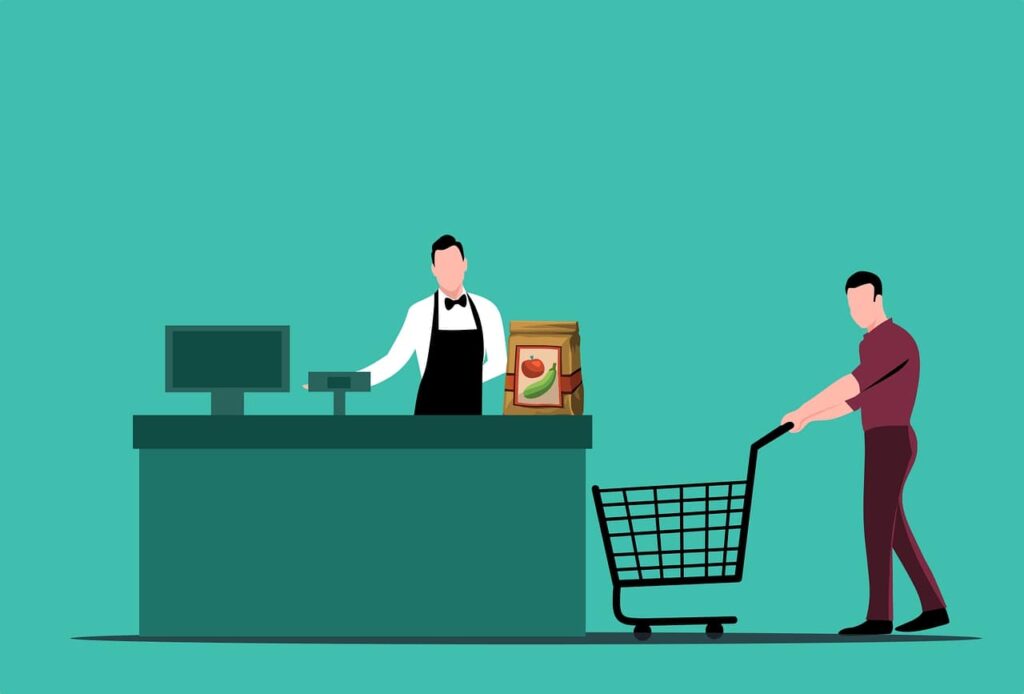Nationwide Report Fastest Growth Since 2005

New figures reported from Nationwide show that house prices in 2022 have had the quickest January house price rise in 17 years. This strong start to the year shows a continuation of the momentum that was seen during 2021 but analysts are forecasting that this may be the end of such speed of growth and forecast a cost of living squeeze to have an impact later in the year.
The Nationwide House Price Index for January 2022 shows that house prices rose by 0.8% in January, which is slightly less than the 1.1% growth seen in the previous month but it is seen as a great figure for what is typically the quietest period of the year. Nationwide have reported an average house price of £255,556 and house prices have now increased 11.2% in 12 months.
What will a Cost of Living Squeeze do to House Prices
Analysts are predicting that the speed of house price growth will slow later in the year when the UK population start feeling the pinch from increased prices, here are the costs that are expected to cause a cost of living squeeze:
Increased Energy Costs

An increase in wholesale energy prices is already being applied to the gas and electricity that we use over this winter period. For many, the bill for the first quarter of the year won’t be due until April 2022 and it is expected that this will be a difficult unexpected bill for many when it is due. Fuel poverty is on the rise with many choosing to dress warm instead of using heating that they can’t afford. Fuel poverty has consistently lowered year on year for over a decade but it is expected to show a rise when new fuel poverty figures are reported in March 2022.
Increased fuel prices at the petrol pump will put further pressure on household budgets when directly filling up at the tank. It will also cost more when buying goods with the increased transportation costs and manufacturing costs directly causing an increase to the price of products
Increase of Household Goods Due to Inflation

Increased transportation costs due to the cost of fuel and increased manufacturing costs due to the increase in energy prices will directly cause prices of goods to rise. This increase in household expenditure will mean that lenders will see that house buyers have more monthly expenditure and less able to afford a bigger mortgage.
Interest Rates are set to Rise

In December 2021 it was decided that interest rates will rise to 0.25%, this is up from the 0.10% that they were set at due to the pandemic in March 2020. Interest Rates have been at a record low, so a small rise has always been due at some point but it is expected that we may see a further two interest rate rises during 2022, experts predict that we could end up with an interest rate of 1.25% by the end of the year. The increase in base rate will be added to mortgage costs for both existing borrowers on variable interest rate mortgages and new house buyers.
There seems to be a triple threat on household costs set for later on in the year. This will directly impact the mortgage affordability criteria for millions of people when applying for a mortgage,if people are able to borrow less than it is likely that this could directly affect the amount of available buyers and lower the speed of house price growth that we have seen in recent years.